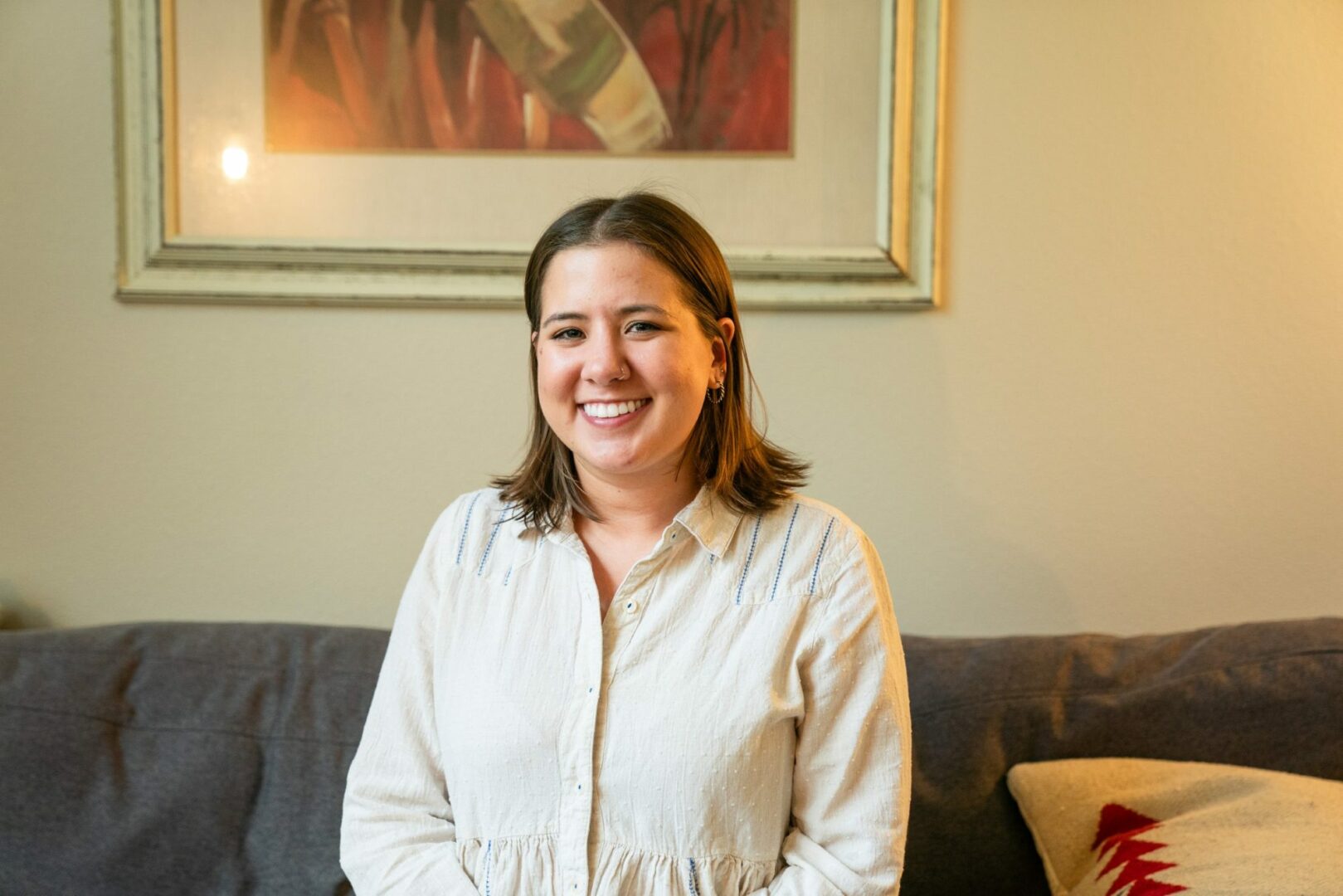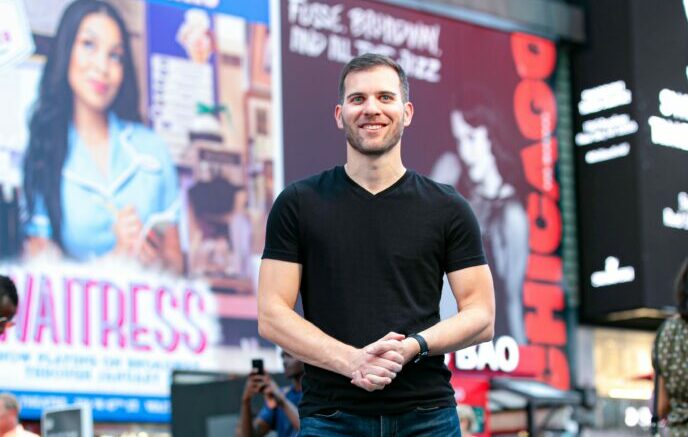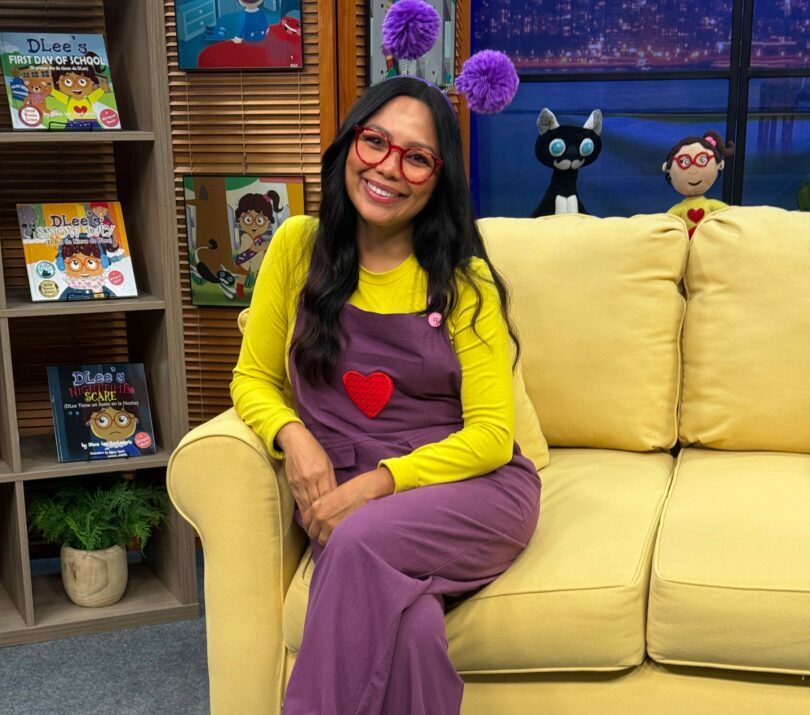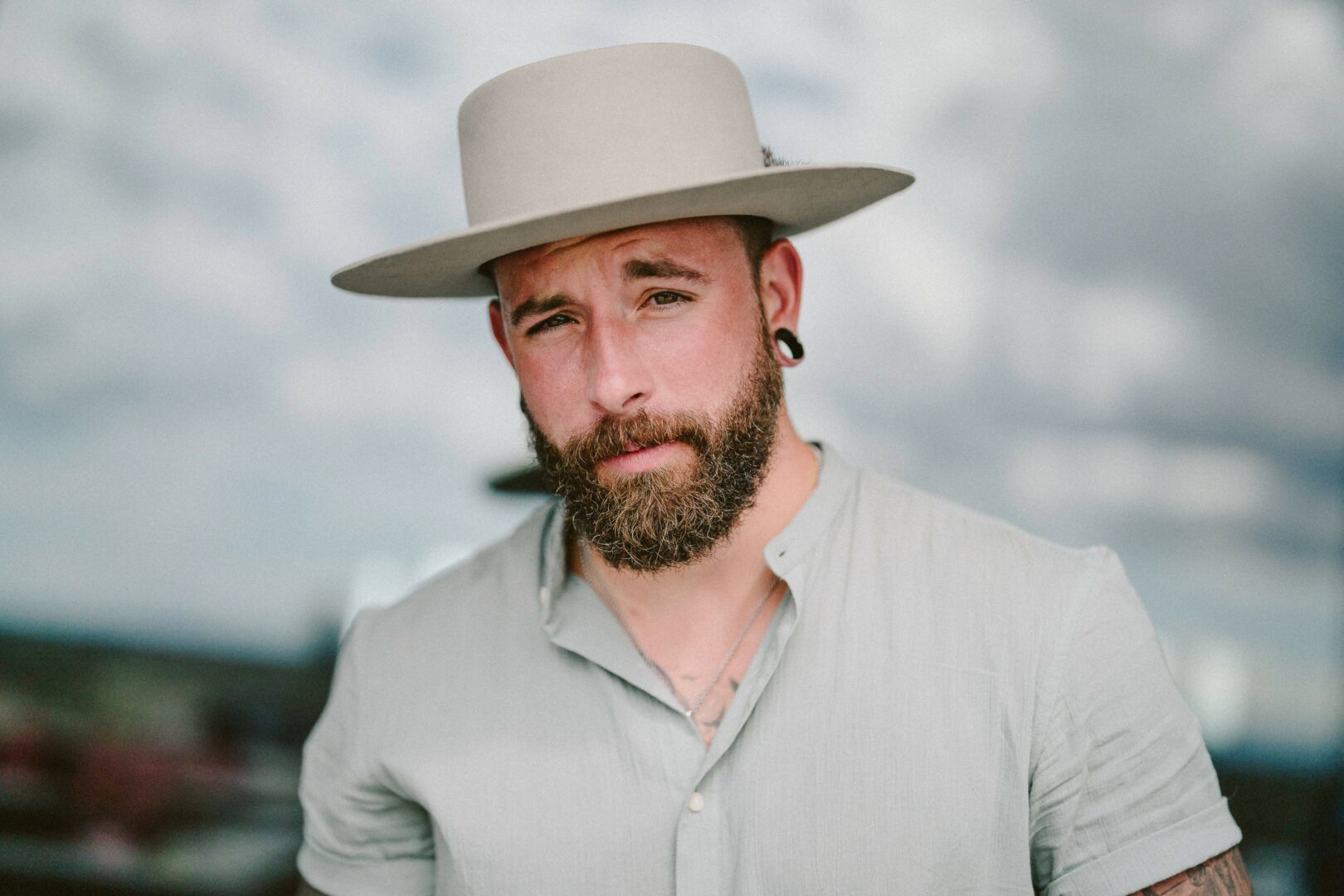We recently connected with Ashley Burks and have shared our conversation below.
Ashley, first a big thank you for taking the time to share your thoughts and insights with us today. I’m sure many of our readers will benefit from your wisdom, and one of the areas where we think your insight might be most helpful is related to imposter syndrome. Imposter syndrome is holding so many people back from reaching their true and highest potential and so we’d love to hear about your journey and how you overcame imposter syndrome.
I am not sure imposter syndrome is really ever overcome or goes away. Well, at least not at this point in my life. However, I will say my relationship with imposter syndrome has changed throughout my journey. When I first decided I wanted to be a therapist, my imposter syndrome was loud and critical, telling me things like, “How could you ever possibly be able to do this?” or “Cut your losses while you still can.” The reality is my imposter syndrome stemmed from fear, and because of this, in a backwards sort of way, it was mean to me in an attempt to keep me from experiencing failure.
Now, I find my imposter syndrome comes in waves. Sometimes I feel like I finally have it together and am in a place where I am confident, competent, and can handle the things that are thrown at me. Then, inevitably something comes that creates a crash in the waves, and the imposter syndrome is back and louder than ever. However, through time, learning, support, and a tremendous amount of practice, my relationship with imposter syndrome has changed from a mean, critical voice to a compassionate, supportive one. I have found that imposter syndrome is not my enemy; rather, it is a friend that encourages my growth and curiosity to flourish. Imposter syndrome is that voice that tells me I am still growing and am not going to have an answer to every question or situation that I come across, and that it is my responsibility to be willing to lean into the discomfort and experience growth.
So yes, I am still afraid of failure just like every other person, but it is no longer something that looms like the boogeyman. Instead, failure has become different; rather than being the end-all and be-all, it is just an opportunity to try things another way. From this, my imposter syndrome has learned it no longer needs to try to keep me safe from experiencing failure; instead, it just gives me reminders that I will forever be growing.
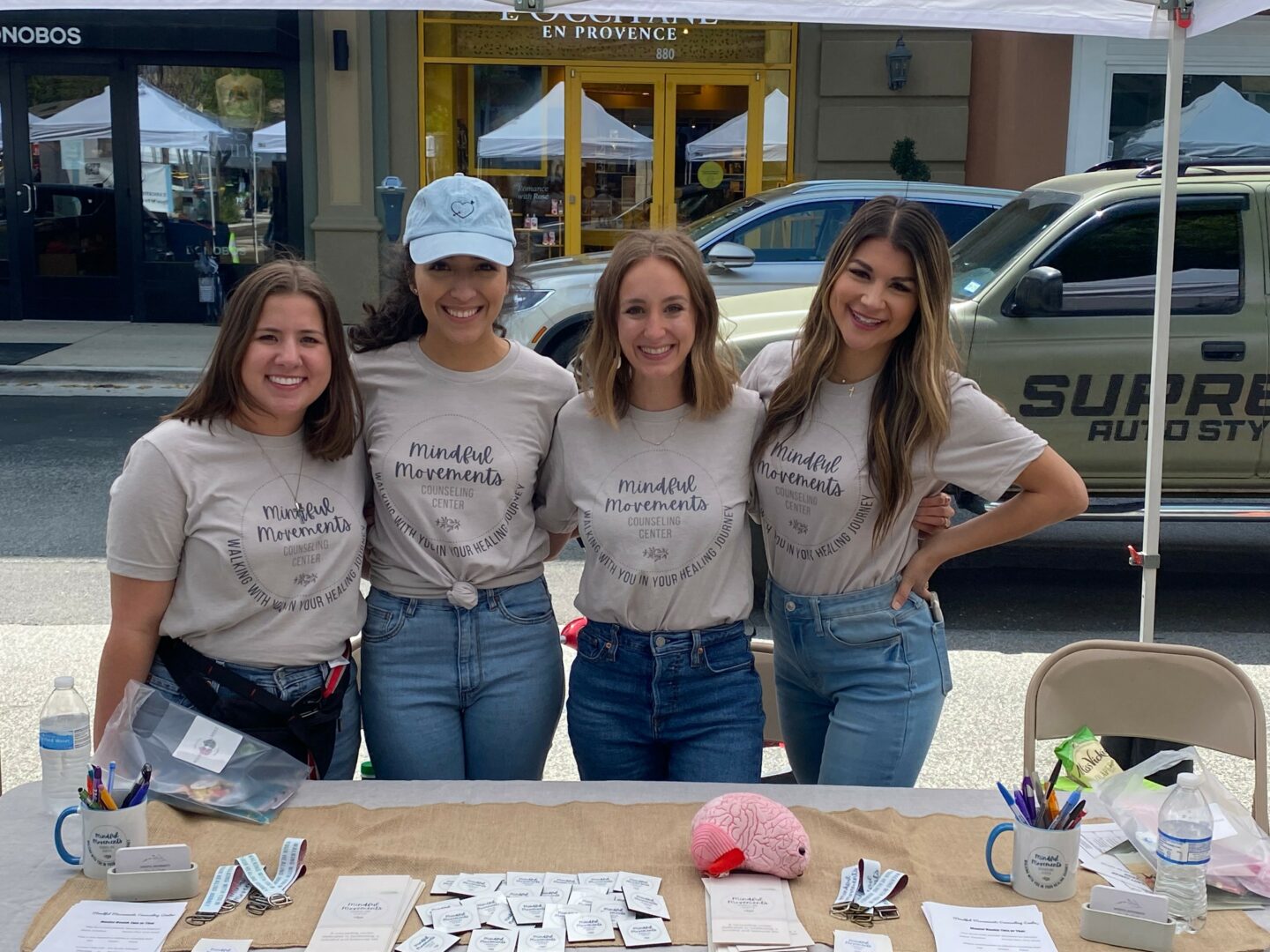
Great, so let’s take a few minutes and cover your story. What should folks know about you and what you do?
I am currently a therapist with a private practice in The Woodlands, Texas, called Mindful Movements Counseling. In this role, I provide therapy to adolescents and adults who are experiencing a variety of challenges, including relational difficulties, anxiety, depression, and the effects of trauma. Really, my main focus is to help people develop deeper connections to themselves and better understand the circumstances in their lives that are contributing to not living in alignment with who they are.
I wish there were a simplified way I could explain the things I do and what occurs in therapy, but the reality is it is completely dependent on the person, and no matter how many words I have to explain, I could never fully express what exactly is experienced within the room. However, I will try to the best of my abilities to explain my areas of focus and how I approach healing and well-being. My work as a clinician is primarily focused on the nervous system and body-based approaches. Essentially, our bodies are designed for survival and healing, but we live in a time where we are so disconnected from and do not know how to listen to the messages our bodies send. My role as a clinician is to help facilitate connection back to the self and create space for these messages to be received so that we can then respond in a way that allows for harmonious living.
Overall, I would say the absolute most important part of my role is to simply exist in the mess with people. While it is important to have the knowledge and coping skills to support clients, I cannot emphasize enough the significance of being willing to go into the scary, unseen parts of someone’s life with them and for them to experience not being alone in it. This is the part of my role that I always feel the most passionate about because it is such a beautiful experience for a person to feel the shift that occurs when we allow light to be shone in the darkest of places.
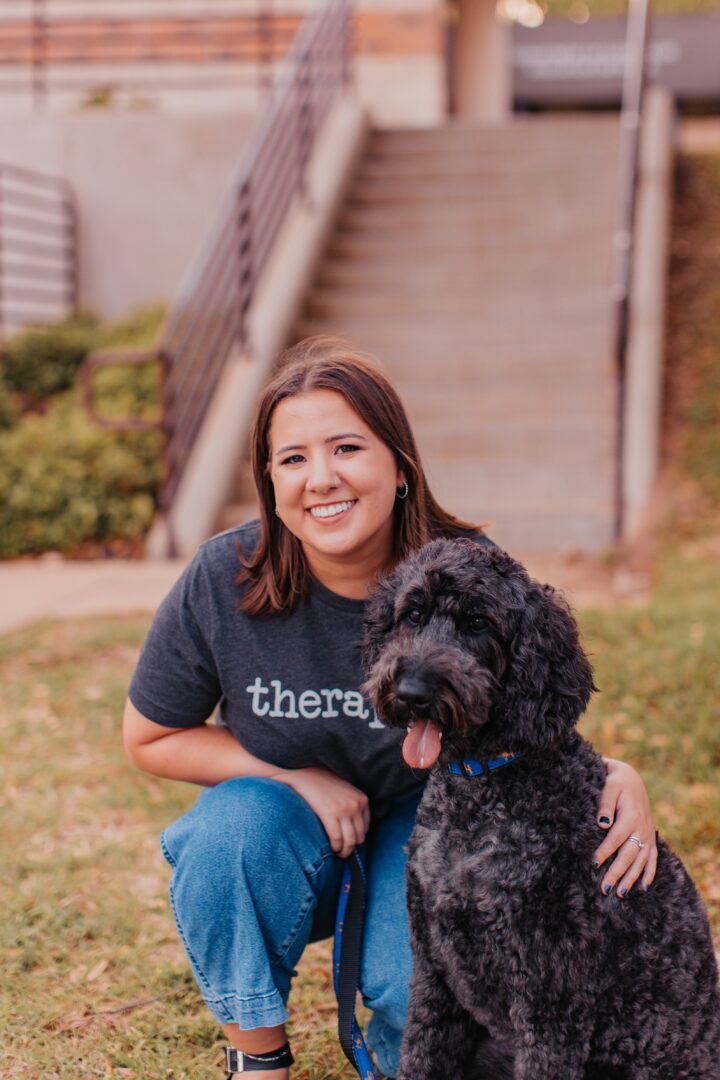
There is so much advice out there about all the different skills and qualities folks need to develop in order to succeed in today’s highly competitive environment and often it can feel overwhelming. So, if we had to break it down to just the three that matter most, which three skills or qualities would you focus on?
Curiosity, creativity, and connection. I am not sure if you would call these qualities, skills, or areas of knowledge, but I like to think of them as a way of being in the world.
Curiosity is something I learned early on in my journey to becoming a therapist. It is simply the thing that tells us not to assume or settle for one way of being. As human beings, it is so easy to get caught up in what we believe we know to be true or the initial judgments we have of people and situations, but the reality is there is usually much more going on besides what we see on the surface. Curiosity invites us to approach the world with openness rather than judgment. Instead of reacting with certainty, we can pause and ask, “What else might be true?” or “How else might I be with this differently?” This shift opens doors to deeper understanding and empathy, fostering a space where people can discover their own unique truths.
Creativity is something I never thought would be essential to my growth because I never found myself to be a creative person, but the reality is creativity is much more than being able to draw or paint. I once believed creativity was limited to artistic abilities like drawing or painting, but I’ve come to realize it is so much more. I have found creativity to be allowing for things to exist outside of the box that so many people insist we fit into. It is the thing that when we permit ourselves to lean into it, we find expression, imagination, and most importantly flexibility in how things can or cannot be. Creativity has shown me that there is no single “right” way to exist in the world and instead, we are always able to redefine what or how we would like to move throughout our lives.
Last, but most certainly not least, is connection. This is the piece of my journey that I believe will always remain the most impactful. We often hear the saying, “We were never meant to walk through life alone,” and while it may sound cheesy, both research and my personal experience have shown this to be undeniably true. Though my own journey is not the standard for everyone, I have consistently found—in both my life and my work—that people are fundamentally meant to be in relationship with one another. This is much more than just being surrounded by people, instead I mean this is to be known and seen fully by another being. I emphasize this because we live in a world that glorifies independence and self-reliance, often making us feel as though we must carry everything alone. But how heavy is that? Connection is the thing that says “I am with you in the midst of the storm and while I don’t have all the answers on how to get out, I will be here with you through it all.” And I can say that may not be everything we want, but it most certainly is something we need.
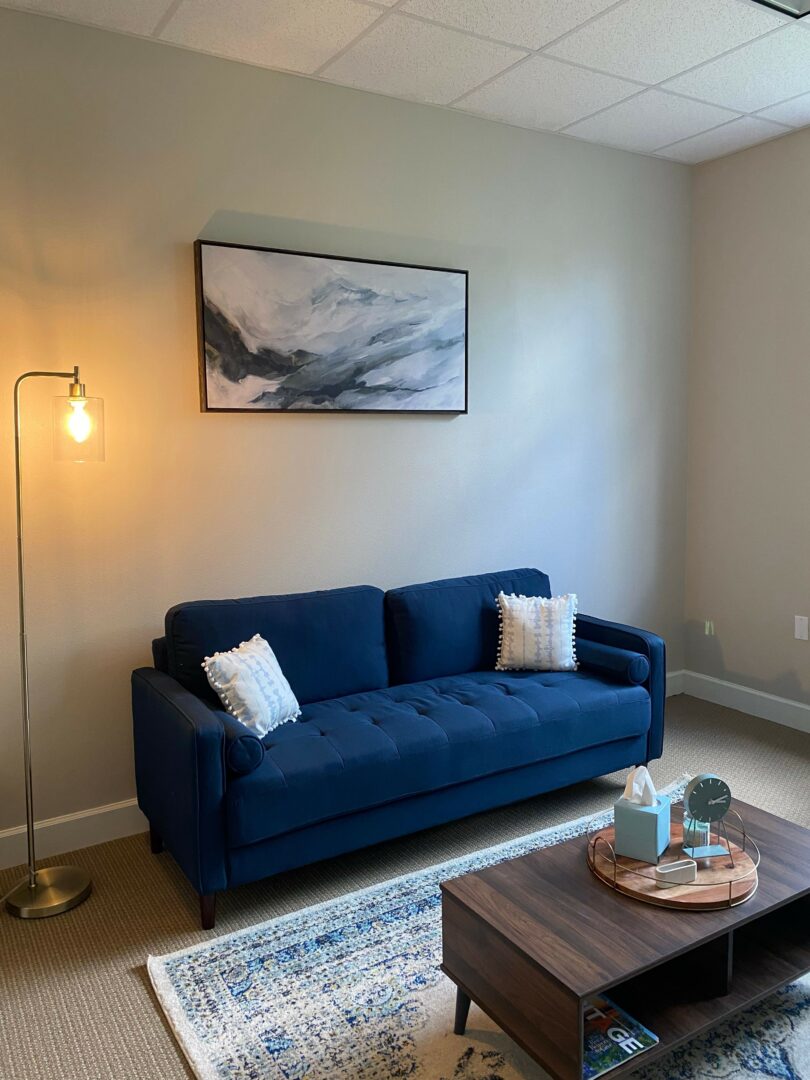
Who is your ideal client or what sort of characteristics would make someone an ideal client for you?
To be completely transparent, I’m not sure there is such a thing as an “ideal client.” The word “ideal” almost implies there are specific requirements or expectations that someone must meet in order to seek therapy, but the reality is that therapy is for anyone and everyone, regardless of where they are in their journey. That said, I do recognize that not every therapist-client relationship is a healthy fit, and this is where the term “ideal” can come into play. For the purpose of supporting clients in finding a therapist that aligns with their needs and values, I tend to be a good fit with clients who are searching for how to tend to all parts of themselves. This means, acknowledging that past parts of life continue to impact the present and there is a readiness in clients to support integration and healing in order to experience a fuller way of living.
That can be a really daunting task for clients to consider approaching so I always provide clients with the reminder that the process is at their own pace. Our job is to simply acknowledge the calls that the mind and body send so we can nurture all parts of self that may have been too heavy to carry alone. Luckily for us, there is no deadline to healing and we have the autonomy to decide how this process looks. I think that is why I do not connect with the term “ideal” client; I do not have firm expectations or standards of people, rather I trust that they innately have the ability to discern what healing is for them. My role is to provide the space needed to allow this story to safely unfold while honoring anything and everything that emerges.
All this being said, my ultimate goal is to simply be there for people in whatever capacity they need. Which is exactly why I am happy to be a part of the stories shared by Bold Journey so I can help demystify the nuances of therapy and spread the stories of opportunity and hope. If it feels like this is a journey you are ready to begin, I am here to be with you every step of the way.
Contact Info:
- Website: https://mindfulmovementscounseling.com/ashley-burks/
- Instagram: https://www.instagram.com/mindfulmovementscounseling/?hl=en
- Linkedin: www.linkedin.com/in/ ashley-burks-384583200
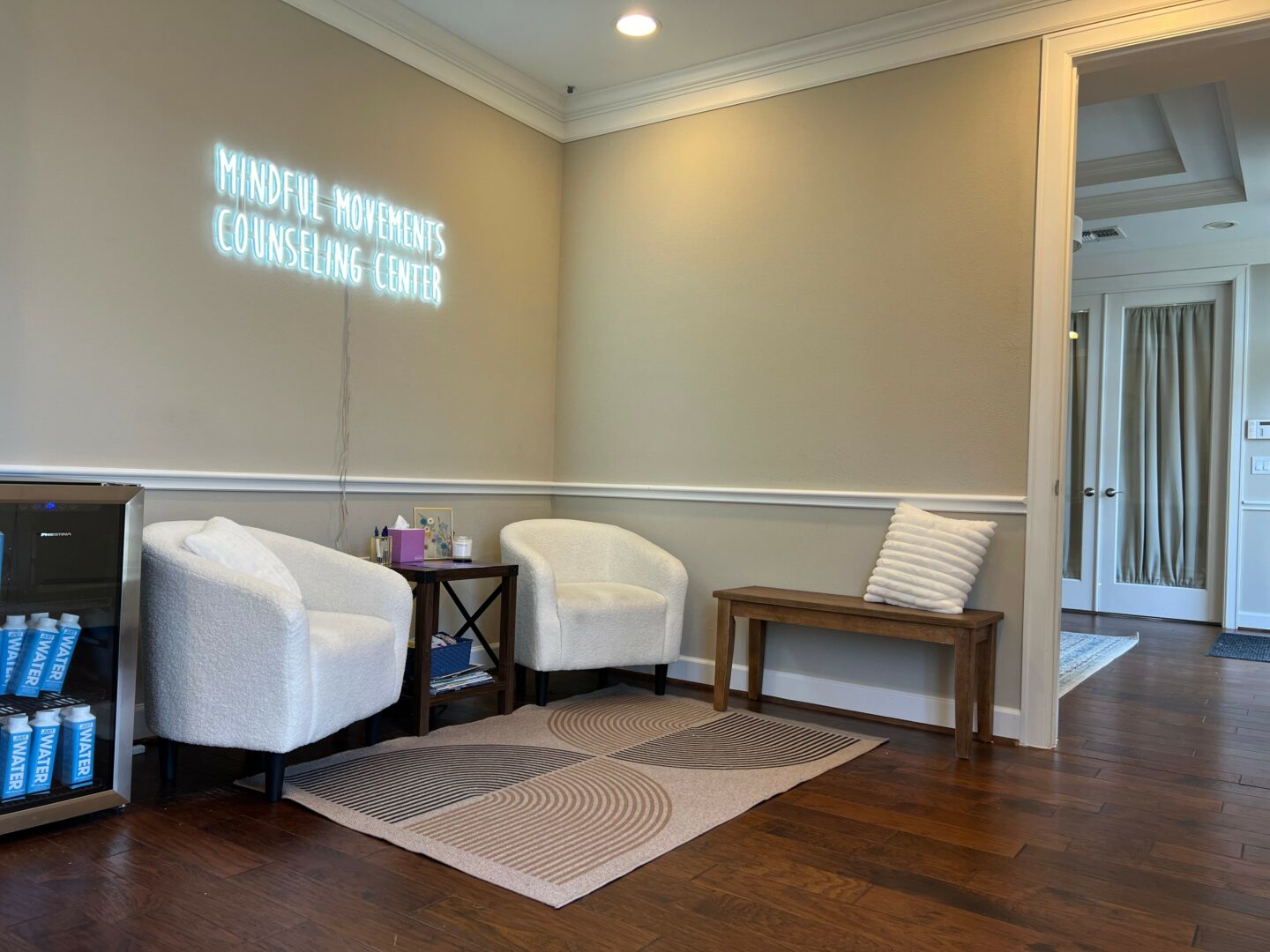
Image Credits
Beautiful In Time Photography
Zayne Simmons Photography
so if you or someone you know deserves recognition please let us know here.

